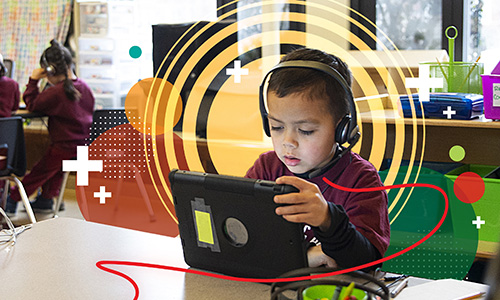Journal article
Effort analysis: Individual score validation of achievement test data
2015
Applied Measurement in Education, 28(3), 237–252.

Abstract
Whenever the purpose of measurement is to inform an inference about a student’s achievement level, it is important that we be able to trust that the student’s test score accurately reflects what that student knows and can do. Such trust requires the assumption that a student’s test event is not unduly influenced by construct-irrelevant factors that could distort his score. This article examines one such factor—test-taking motivation—that tends to induce a person-specific, systematic negative bias on test scores. Because current measurement models underlying achievement testing assume students respond effortfully to test items, it is important to identify test scores that have been materially distorted by non-effortful test taking. A method for conducting effort-related individual score validation is presented, and it is recommended that measurement professionals have a responsibility to identify invalid scores to individuals who make inferences about student achievement on the basis of those scores.
See MoreThis article was published outside of NWEA. The full text can be found at the link above.







